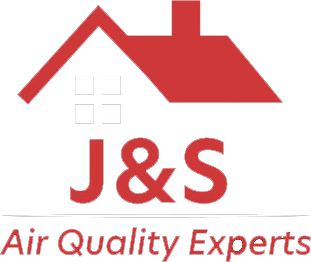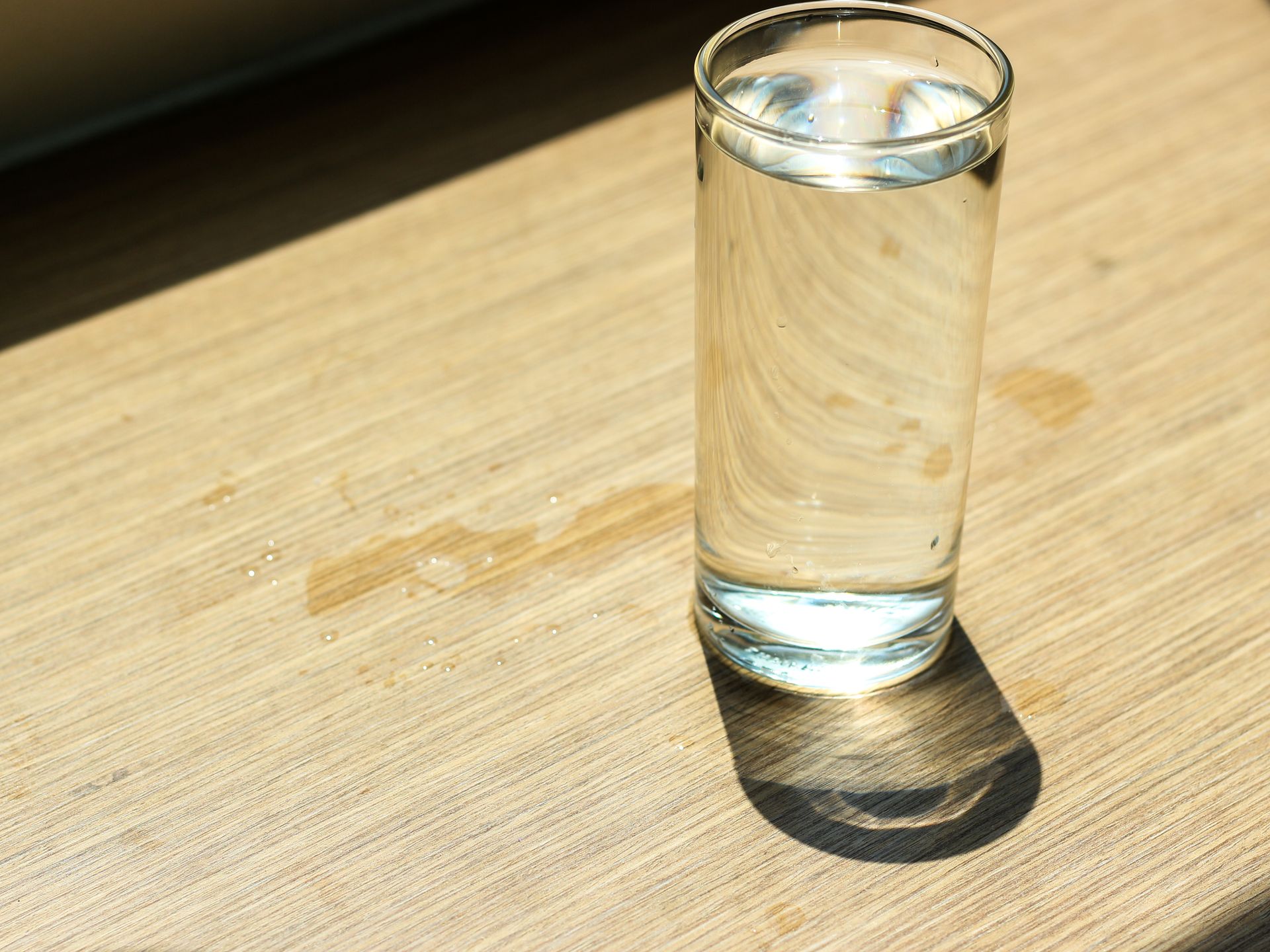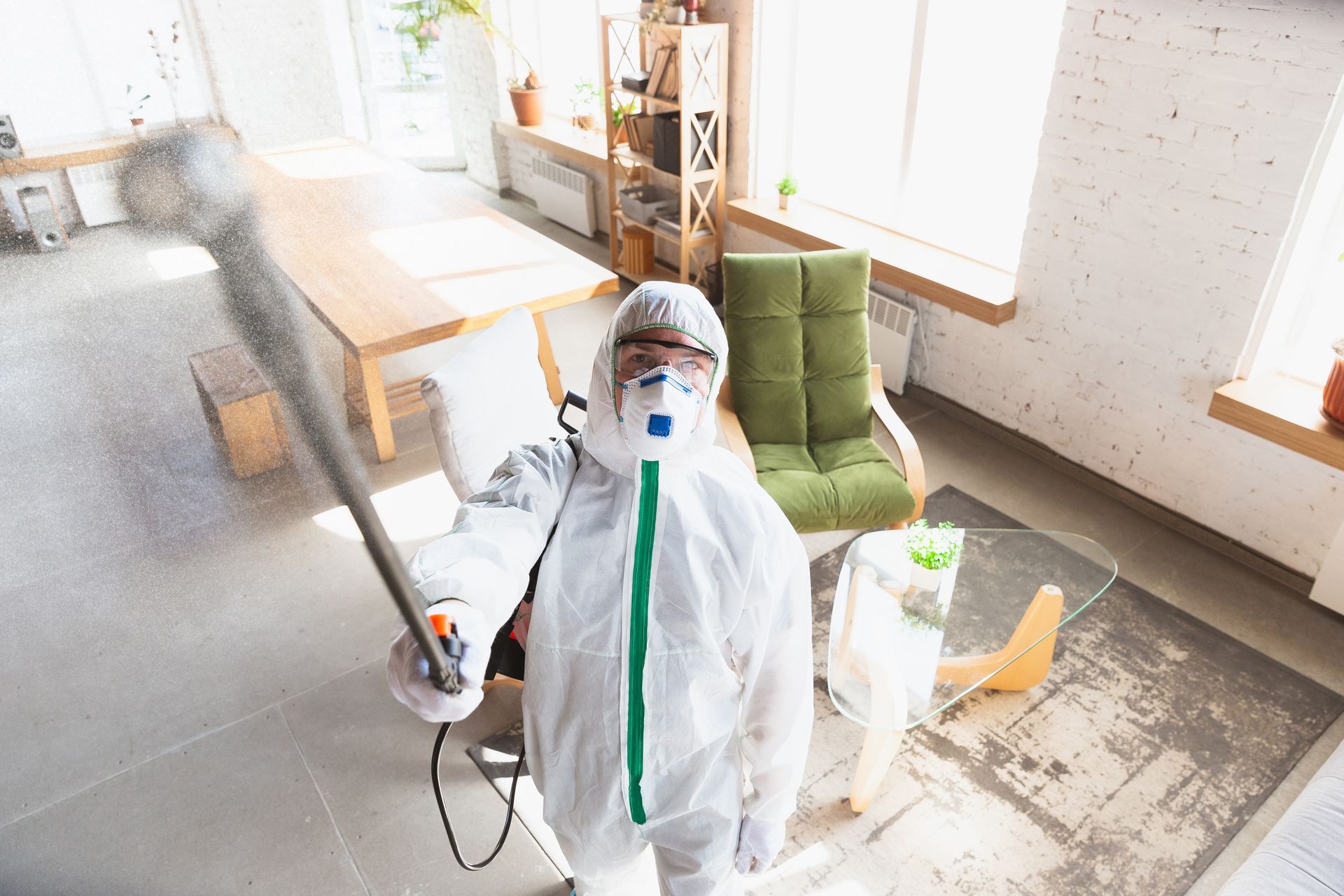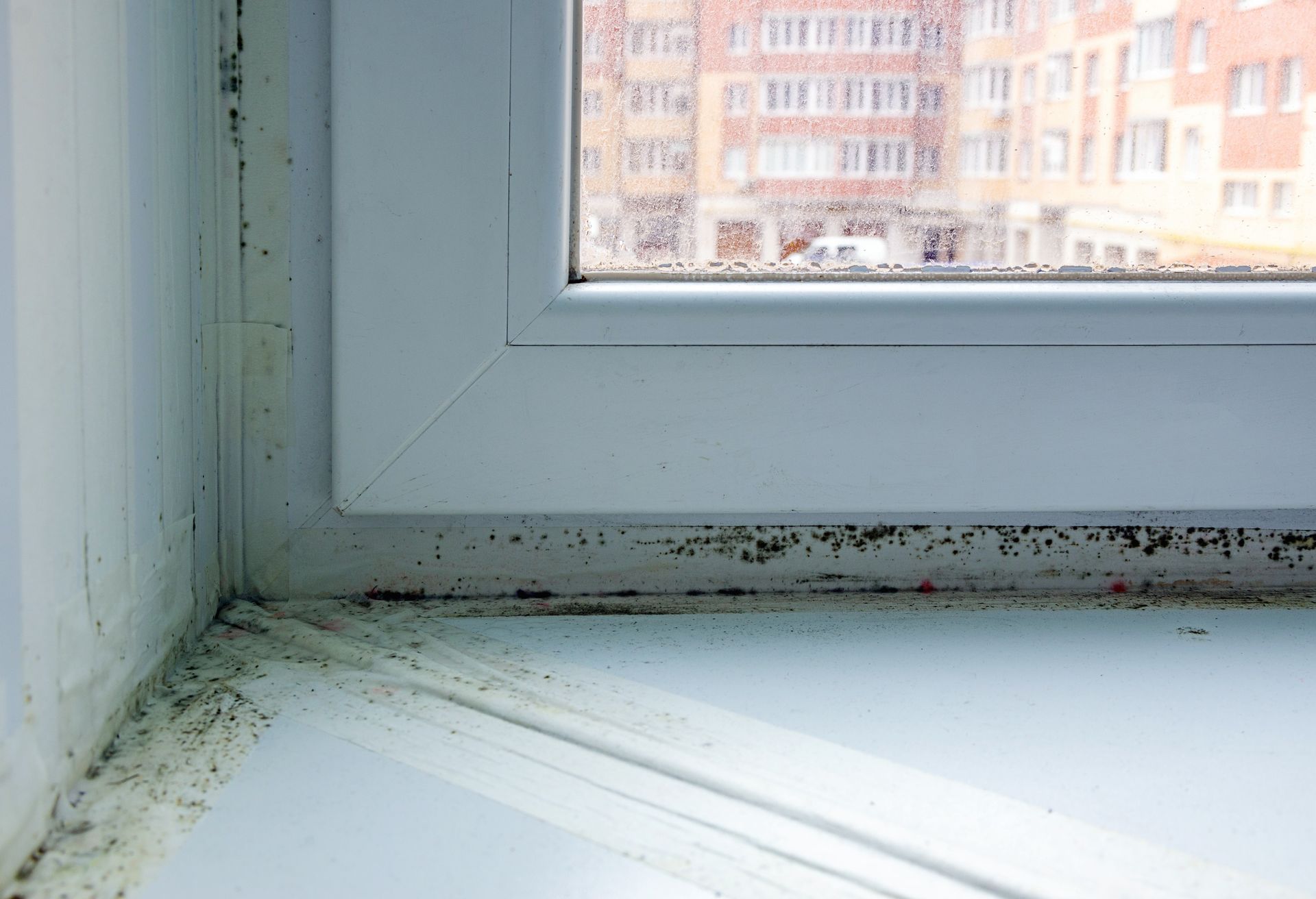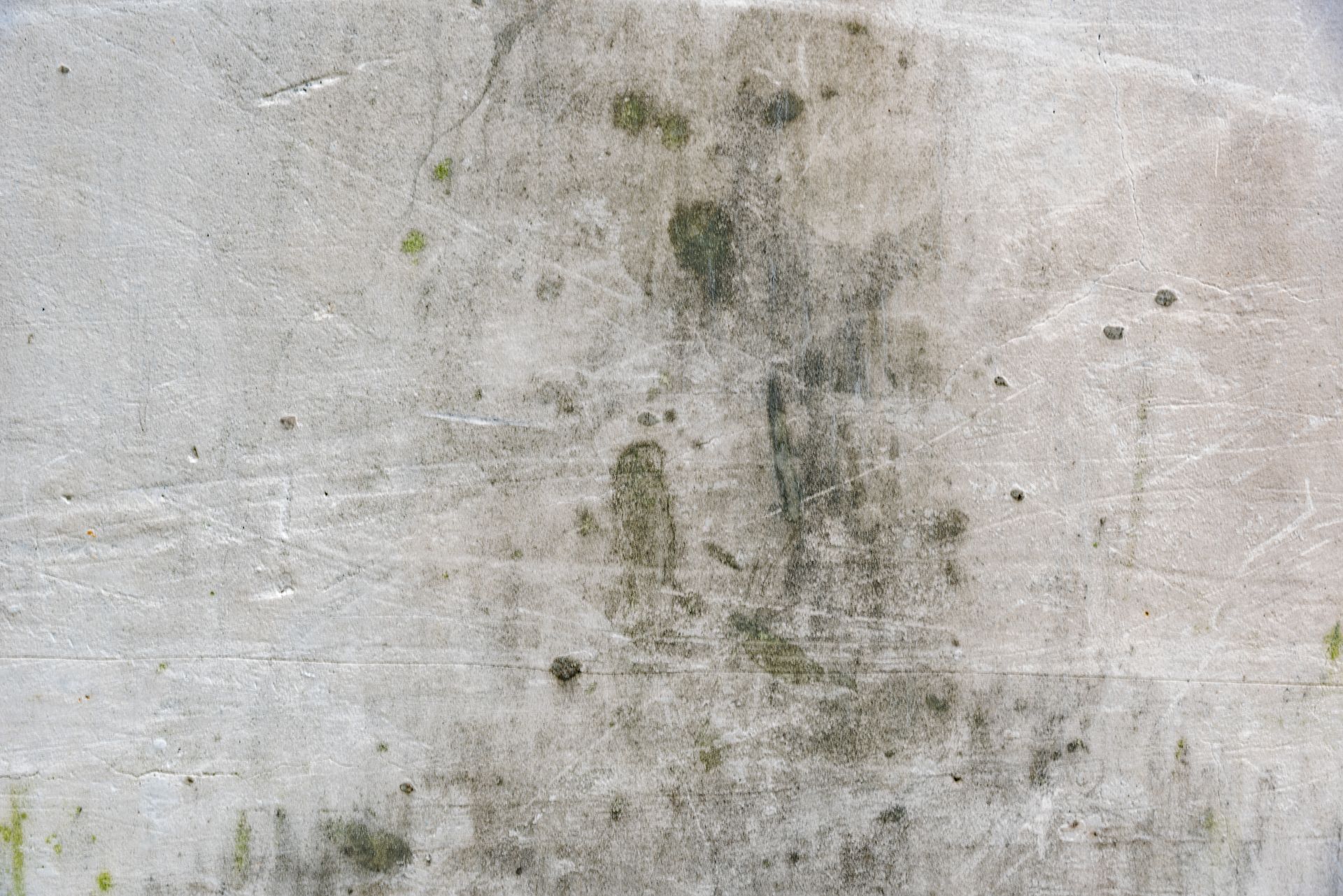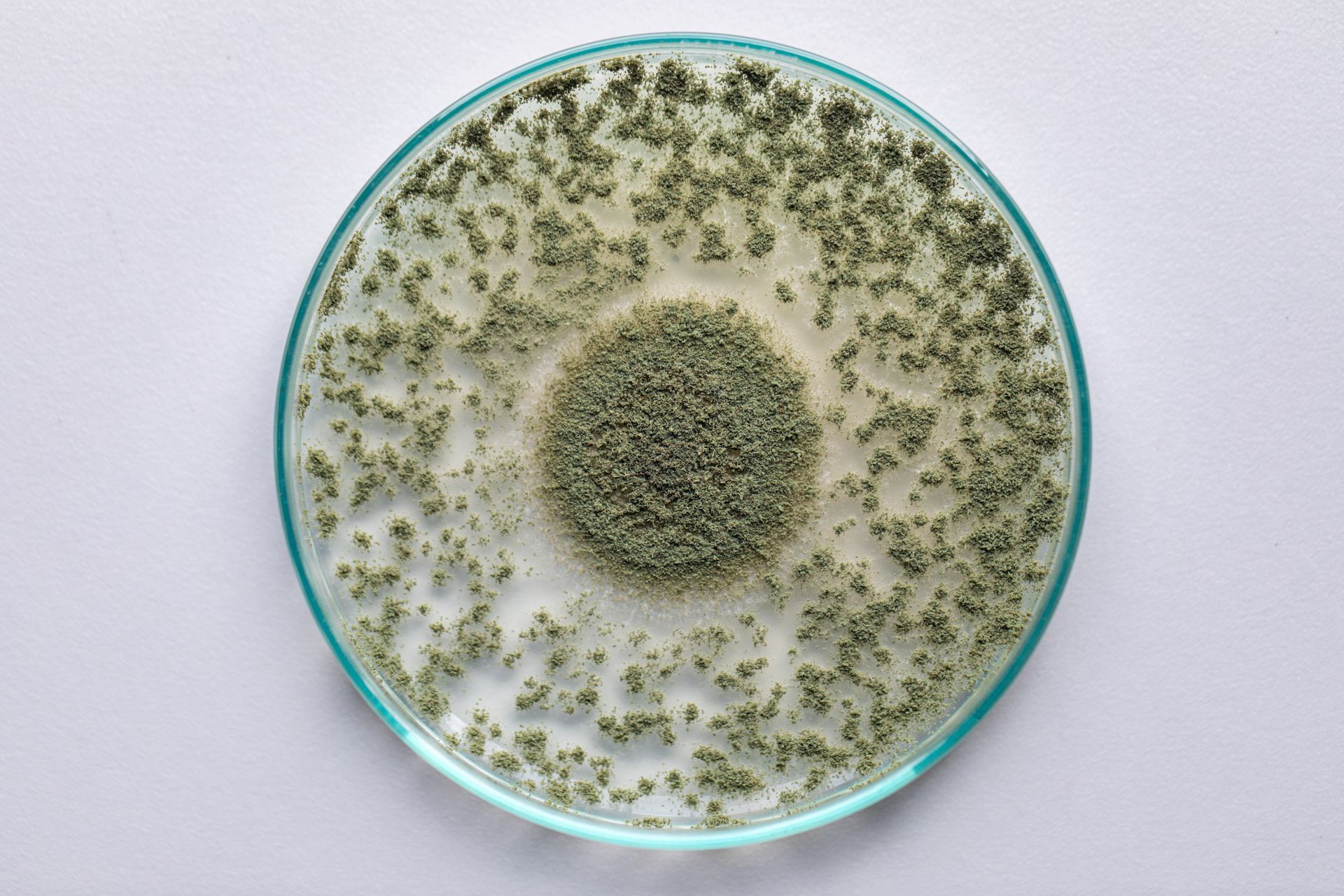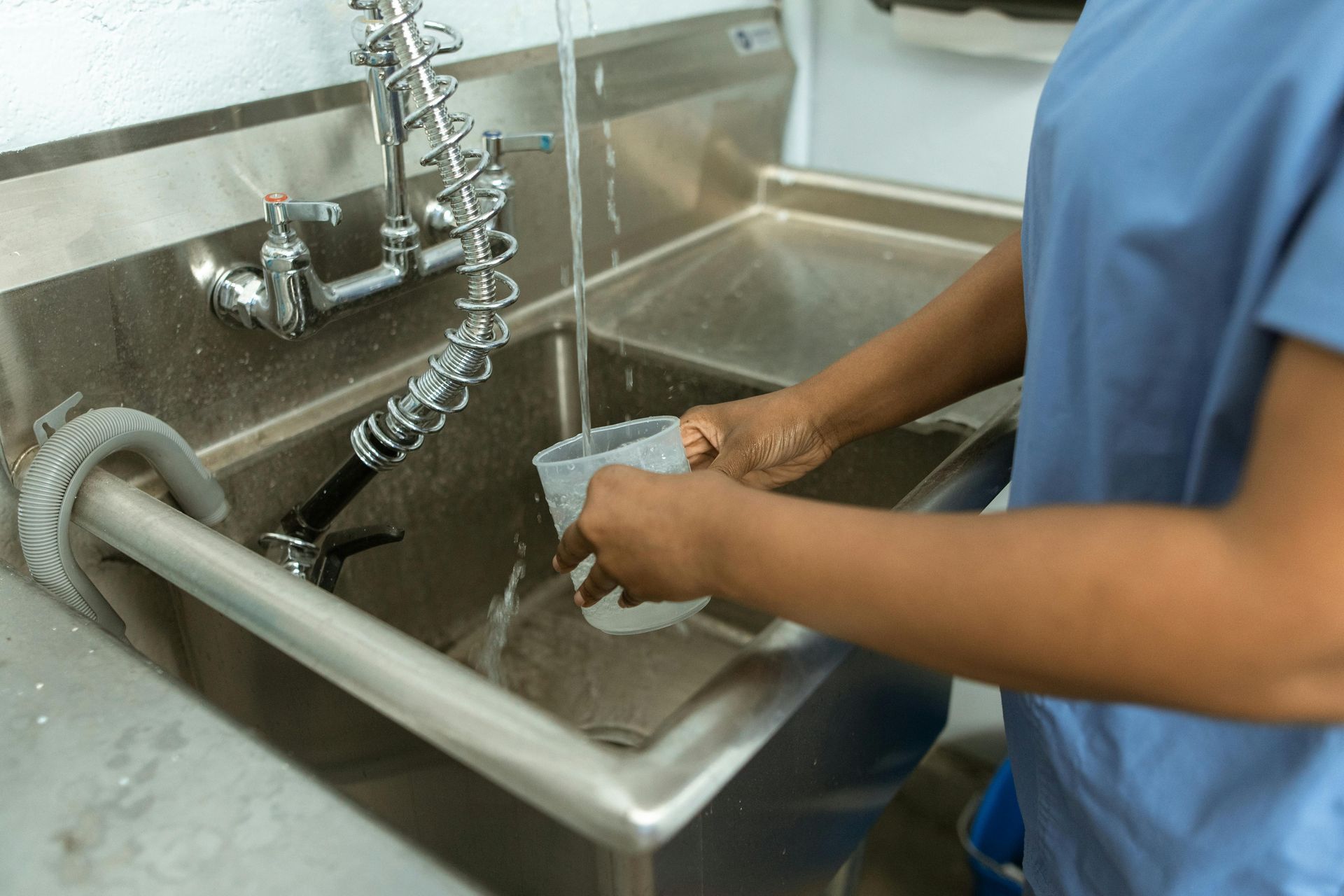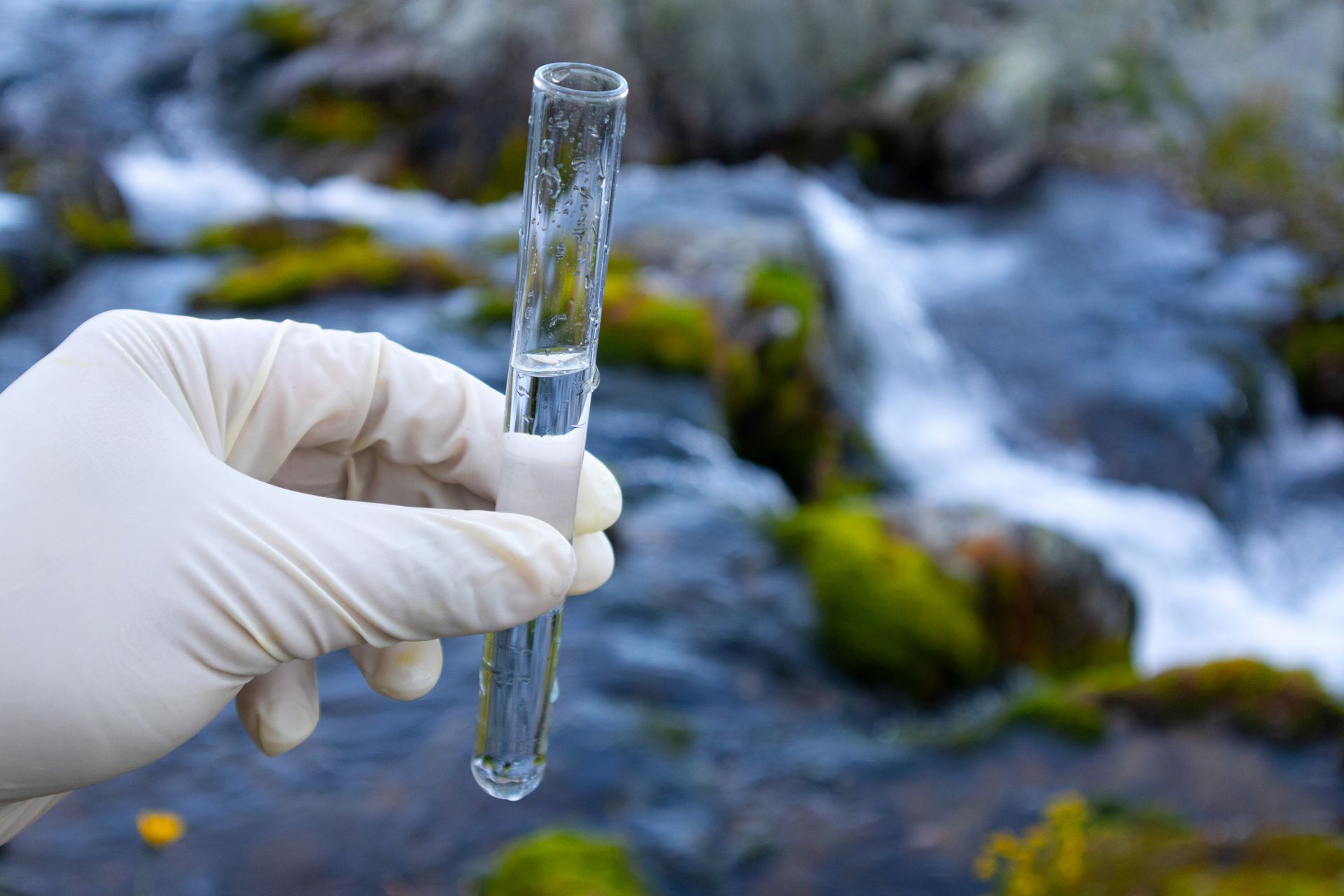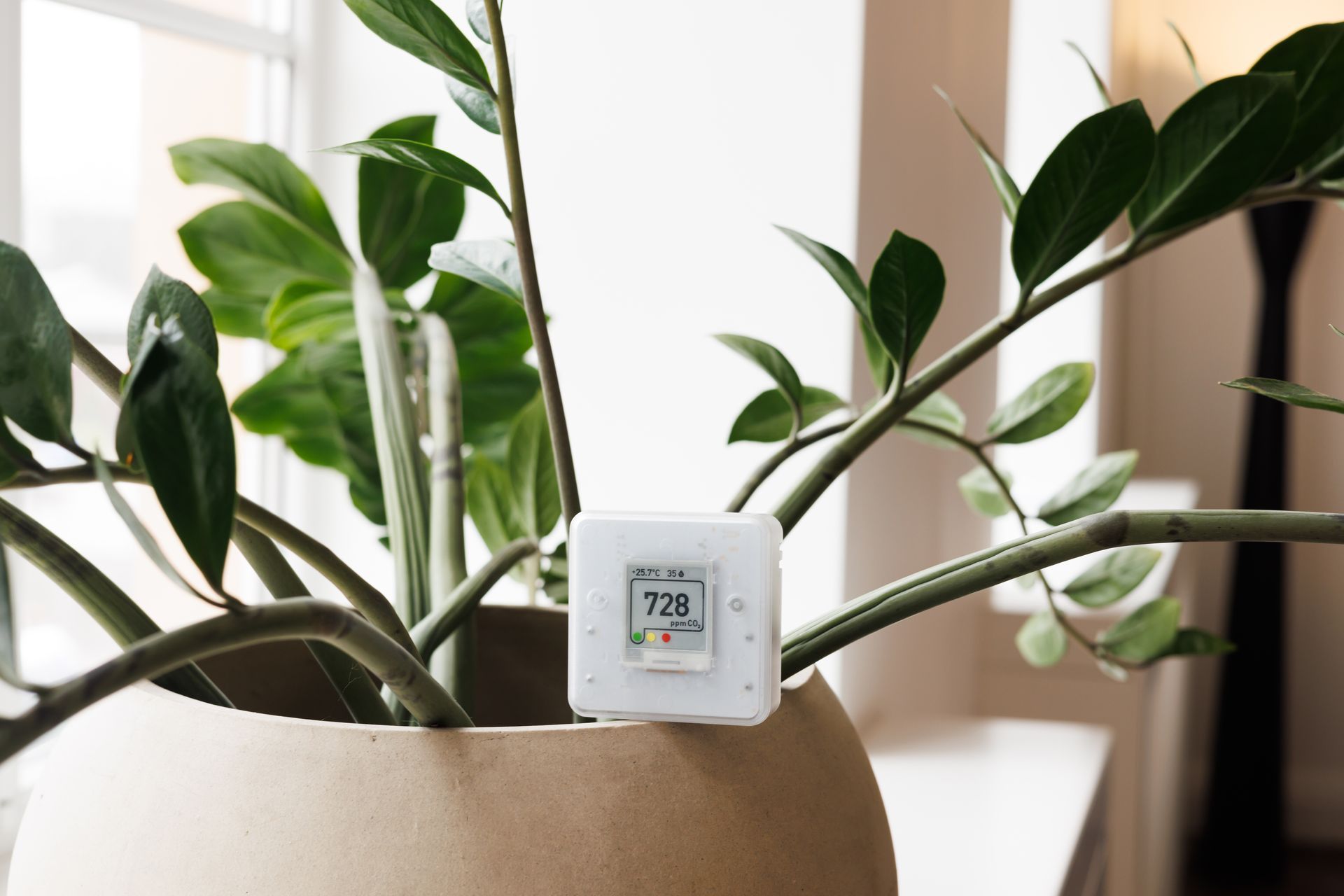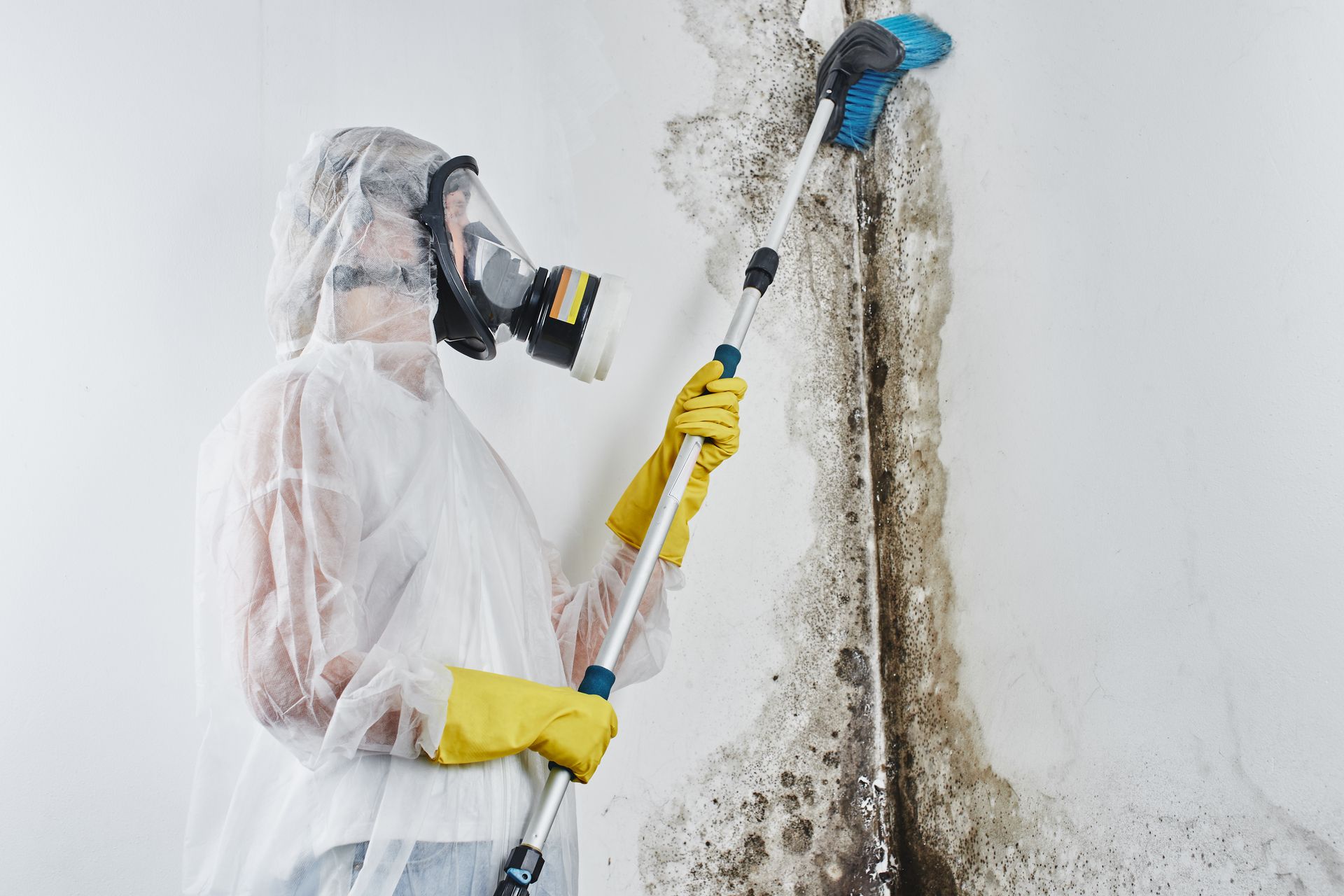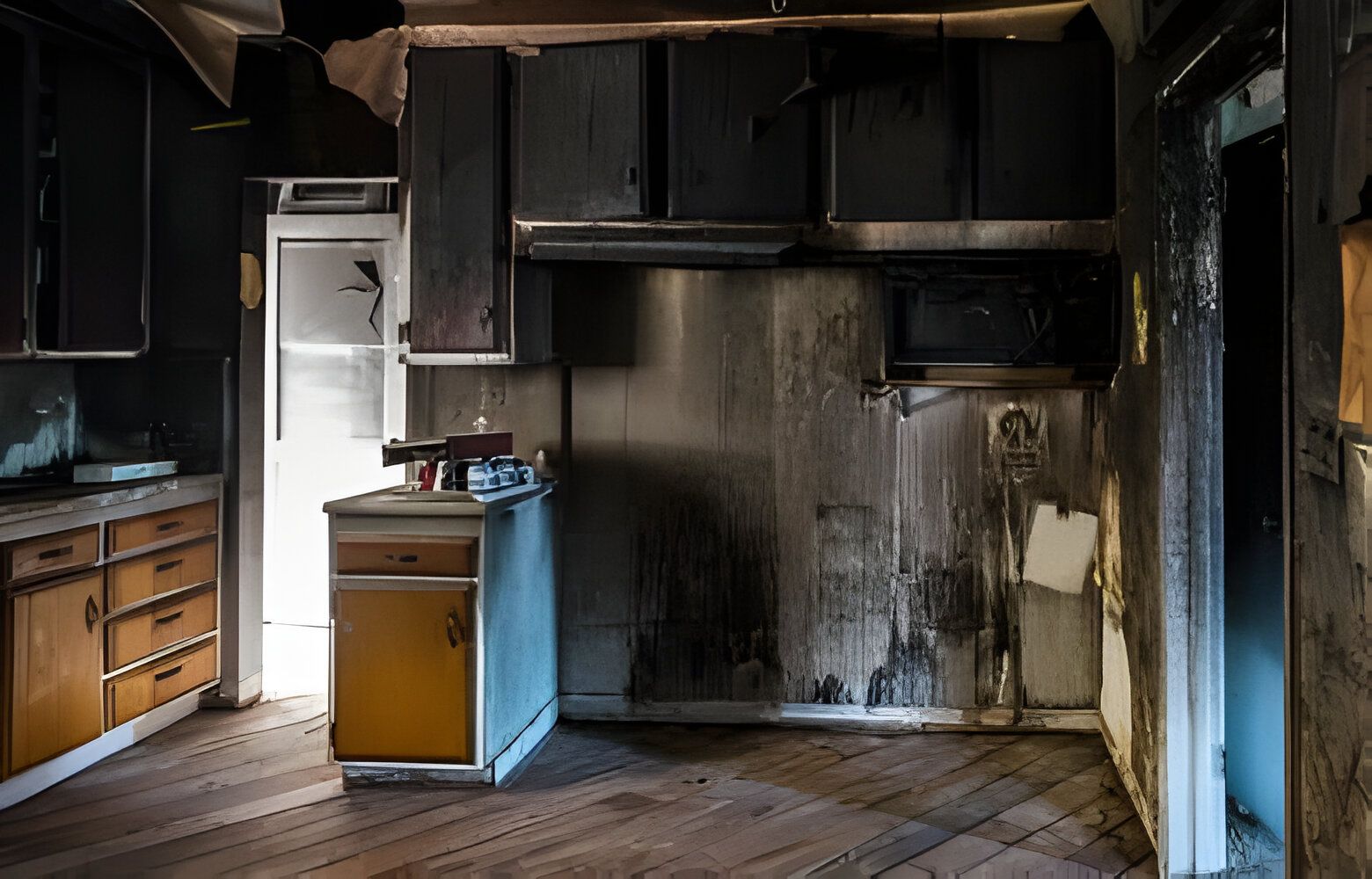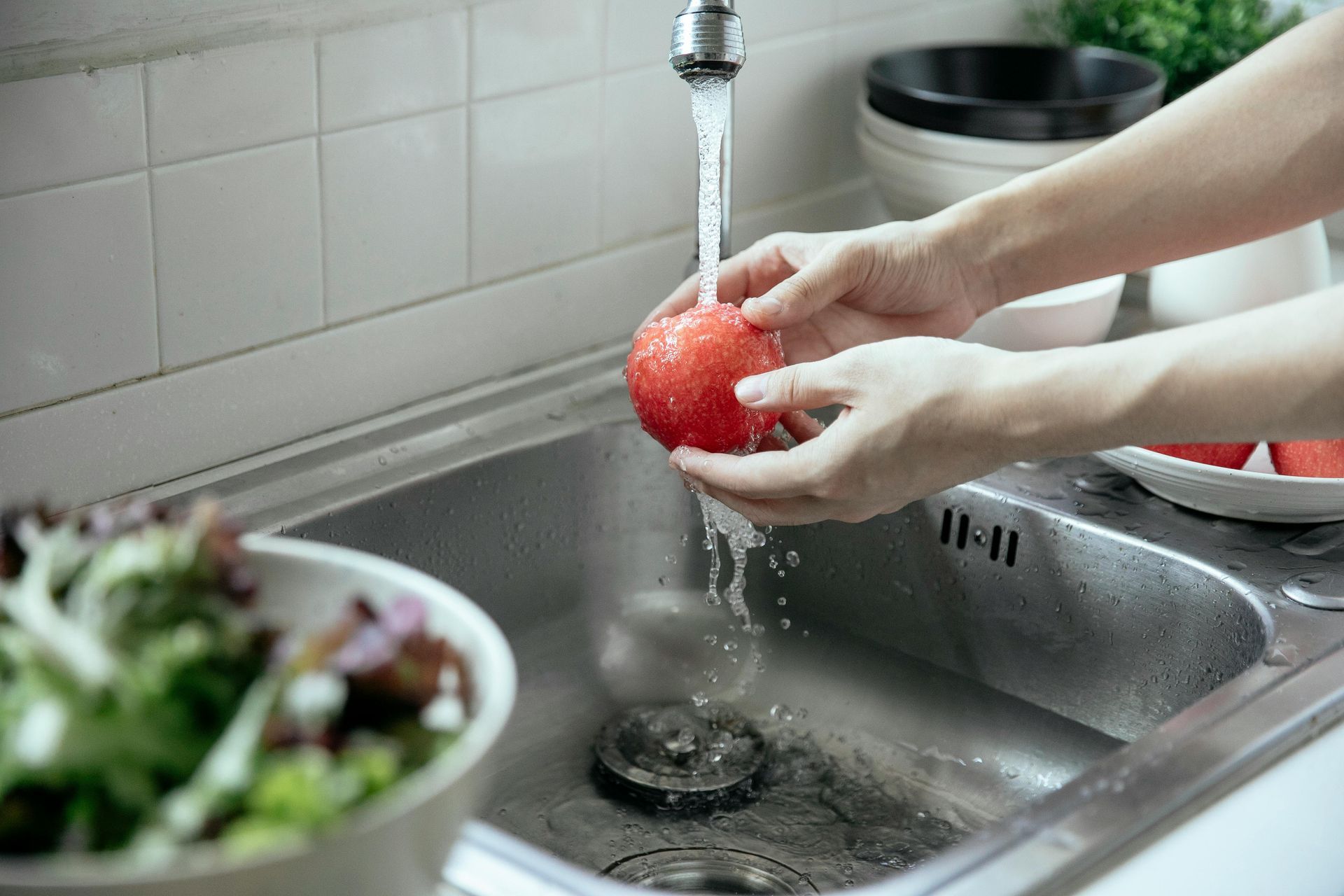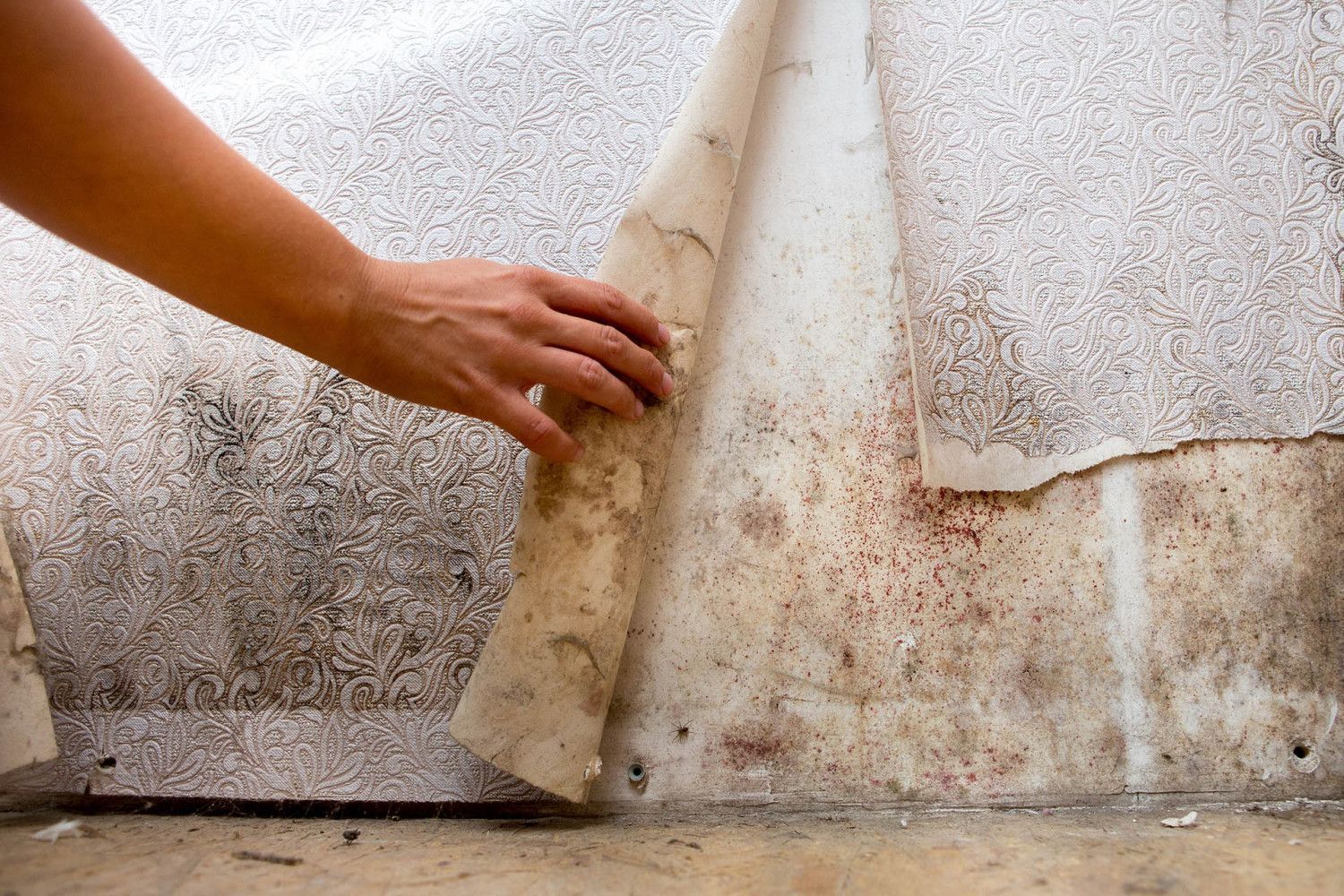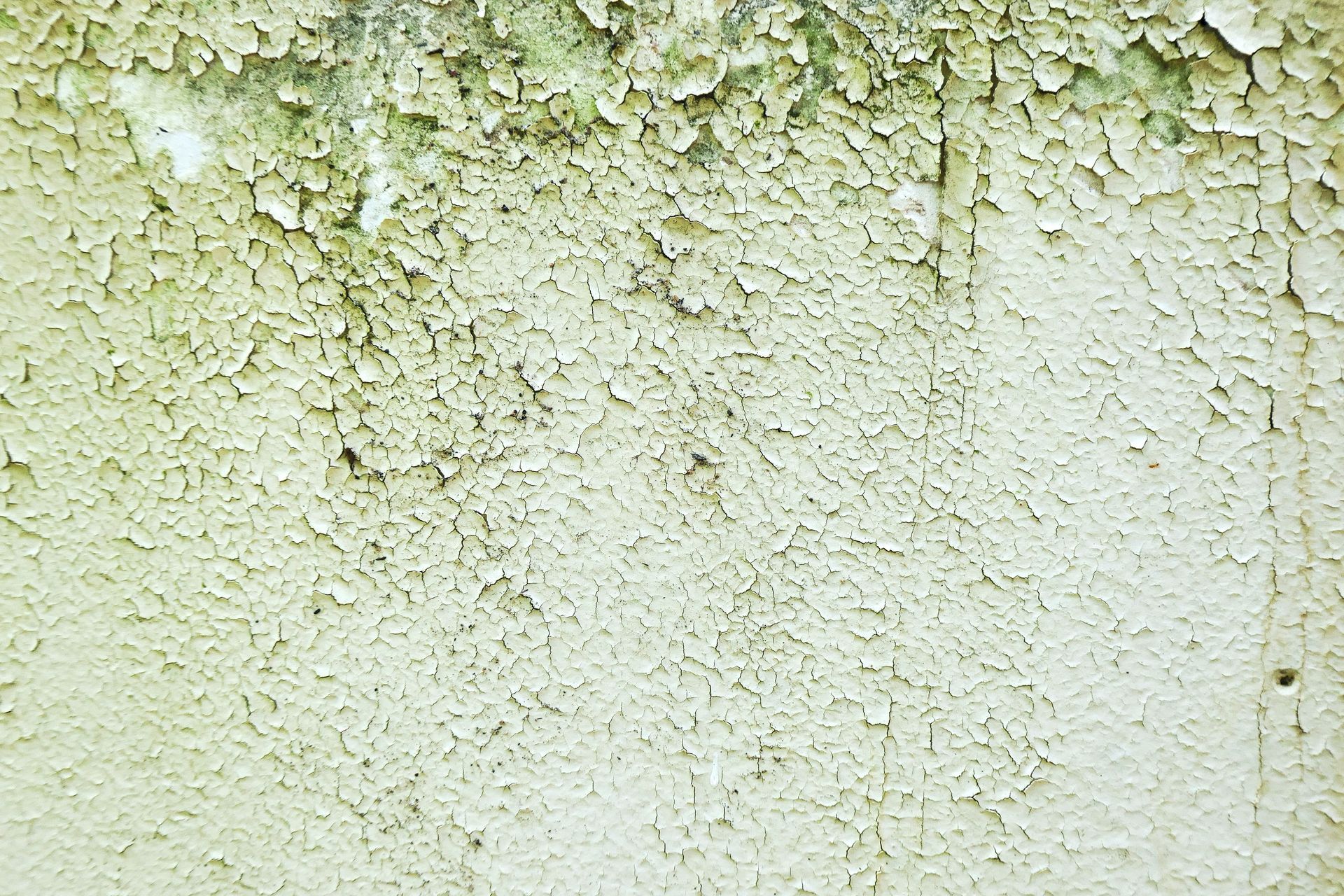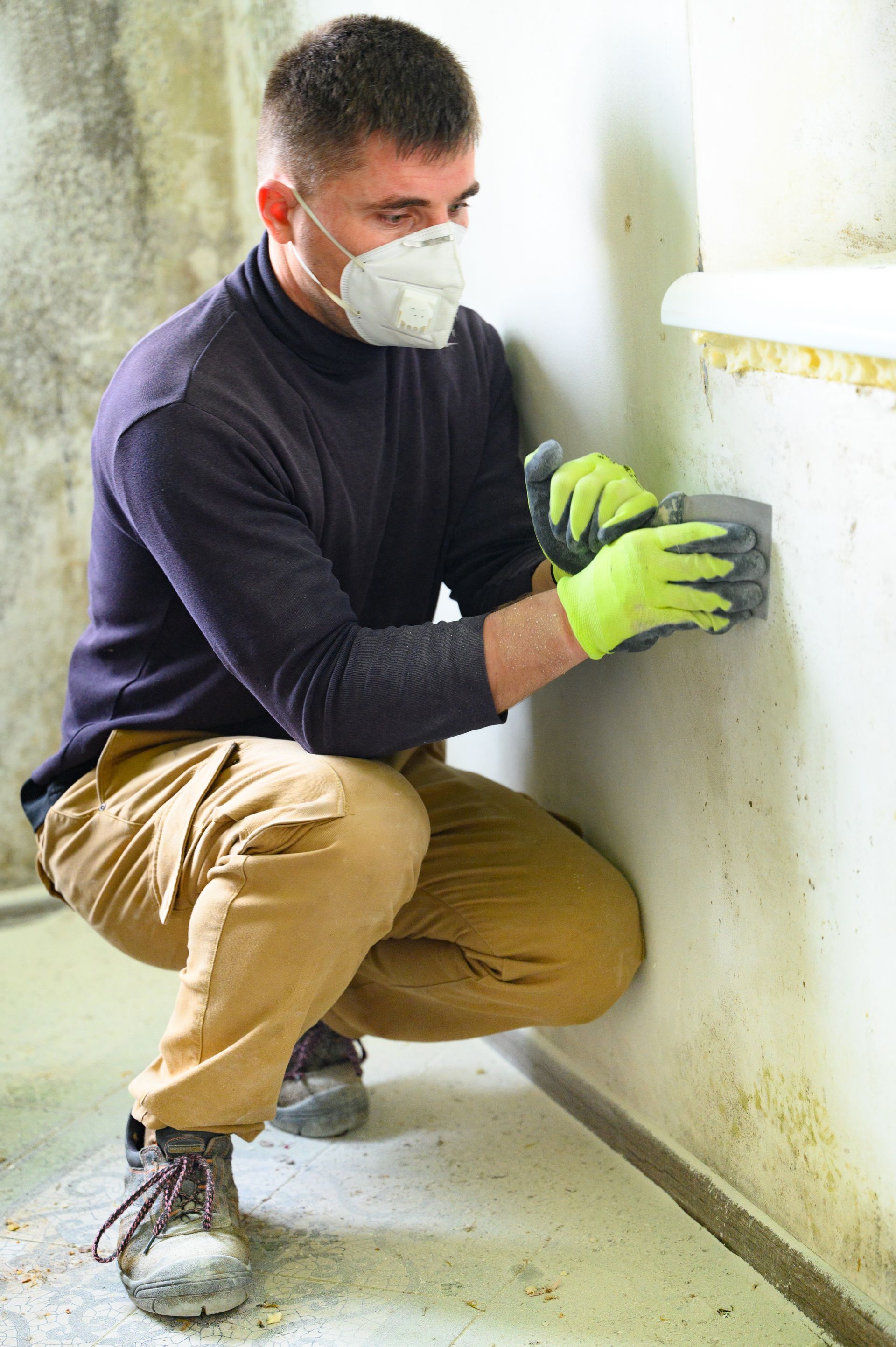J&S Air Quality Experts
Taking Action: Safe Water Solutions After a Positive Bacteria Test
Having safe, uncontaminated water is an essential requirement for any household. However, when a bacteria test returns positive, it can be a cause for alarm and swift action. At
J&S Air Quality Experts, located in Palm Bay, FL, we understand the importance of addressing water contamination issues promptly and effectively. With our expertise in air and water quality testing, we are equipped to guide you through the necessary steps to ensure your water is safe for consumption. In this blog post, we will cover essential information and solutions for dealing with a positive bacteria test in your water supply.
Understanding the Importance of Water Testing
Regular water testing is crucial for maintaining the health and safety of your household. Contaminants like bacteria, viruses, and harmful chemicals can pose serious health risks. Bacterial contamination, in particular, can lead to illnesses such as gastrointestinal infections, hepatitis, and other serious conditions. Therefore, it's essential to routinely test your water, especially if you use a private well or live in an area with known water quality issues.
At J&S Air Quality Experts, we recommend testing your water at least once a year or immediately if you notice any changes in taste, odor, or color. Our comprehensive water testing services can detect a wide range of contaminants, providing you with peace of mind and actionable insights.
Immediate Steps to Take After a Positive Bacteria Test
Discovering that your water is contaminated with bacteria can be unsettling. However, there are immediate steps you can take to mitigate the risk and start the process of decontamination:
- Stop Using the Water for Consumption: As soon as you receive a positive bacteria test result, discontinue using the water for drinking, cooking, or brushing your teeth. Use bottled water or boil your water for at least one minute before use to kill any bacteria present.
- Identify the Source: Determine if the contamination is from a well, municipal supply, or another source. This will help in choosing the appropriate treatment method.
- Notify Authorities: If you are on a municipal water supply, notify your local water authority. They need to be aware of the contamination to take necessary measures and prevent it from affecting others.
- Consult a Professional: Reach out to a water quality expert like J&S Air Quality Experts. We can provide a thorough analysis of your water and recommend the best course of action to rectify the contamination.
Safe Water Solutions for Bacterial Contamination
Addressing bacterial contamination in your water supply involves a combination of short-term and long-term solutions:
Boiling Water
Boiling water is a quick and effective way to kill bacteria. This method is suitable for immediate needs while you work on a long-term solution. If your water is questionable, boil it vigorously for at least a minute before drinking, cooking with it, or using it for brushing your teeth.
Chlorination
Chlorination is a common method for disinfecting water. It involves adding chlorine to the water to kill bacteria and other pathogens. This method is effective but requires careful handling and dosing to ensure safety and effectiveness. At J&S Air Quality Experts, we can guide you through the process or handle it entirely.
Ultraviolet (UV) Treatment
UV water purification uses ultraviolet light to kill bacteria, viruses, and other microorganisms. It's a chemical-free method that is highly effective for treating water without altering its taste or odor. Installing a UV treatment system in your home can provide continuous protection against bacterial contamination.
Filtration Systems
Various filtration systems, such as reverse osmosis and activated carbon filters, can remove bacteria and other contaminants from your water. These systems can be installed at the point of entry or point of use, depending on your needs. Our experts can help you choose the right system and ensure it is properly installed and maintained.
Well Maintenance
If your water source is a private well, regular maintenance and inspection are crucial. Wells should be inspected annually, and any defects or potential sources of contamination should be addressed promptly. Sealing any cracks or gaps and ensuring proper drainage around the well can prevent bacteria from entering your water supply.
Preventative Measures to Ensure Long-Term Water Safety
Preventing bacterial contamination in your water supply is just as important as addressing it. Here are some preventative measures you can take to ensure long-term water safety:
- Regular Testing: Consistent water testing is essential for early detection of contaminants. Schedule regular tests with J&S Air Quality Experts to monitor your water quality and address any issues promptly.
- Proper Well Construction and Maintenance: Ensure your well is constructed to modern standards and maintained regularly. This includes sealing any cracks, installing proper caps, and ensuring the area around the well is clean and free of potential contaminants.
- Water Treatment Systems: Invest in a reliable water treatment system that suits your needs. Whether it's a UV purifier, chlorination system, or a filtration unit, having a robust treatment system in place can provide ongoing protection.
- Stay Informed: Keep yourself informed about potential water quality issues in your area. Local water authorities and environmental agencies often provide updates and resources on water safety.
- Professional Inspections: Regular professional inspections by experts like J&S Air Quality Experts can identify potential issues before they become major problems. Our comprehensive inspections and maintenance services ensure your water supply remains safe and clean.
Why Choose J&S Air Quality Experts?
At J&S Air Quality Experts, we are dedicated to providing top-notch water and air quality testing services in Palm Bay, FL. Through the expertise of our highly skilled professionals and the application of the latest advancements in technology, we guarantee precise and verifiable outcomes. We offer personalized solutions tailored to your specific needs, ensuring the safety and health of your household.
J&S Air Quality Experts: Your Partner in Safe Water
If you are facing a positive bacteria test in your water supply, don't hesitate to reach out to us. Our team is ready to assist you with expert advice and effective solutions. Contact
J&S Air Quality Experts at
(321) 557-3163 to schedule an appointment or learn more about our services. We offer you
mold testing,
fire and smoke testing,
water and bacteria testing, and
indoor air quality testing. Your health and safety are our top priorities.
FAQs
How often should I test my water for bacteria?
We recommend testing your water at least once a year, or immediately if you notice any changes in taste, odor, or color. Regular testing is especially important for private well owners.
What are the common signs of bacterial contamination in water?
Common signs include changes in taste, odor, or color of the water. Some bacteria can also cause health symptoms such as gastrointestinal issues, skin rashes, or other infections.
Can boiling water eliminate all types of bacteria?
Boiling water for at least one minute can kill most types of bacteria, viruses, and other pathogens. However, it may not remove chemical contaminants or heavy metals, so it's important to use additional treatment methods if needed.
What is the best method for treating bacterial contamination in well water?
The best method depends on the specific situation. Common methods include chlorination, UV treatment, and installing filtration systems. Consulting with a water quality expert can help determine the most effective solution for your needs.
Is it safe to use water for bathing if it tests positive for bacteria?
Generally, it is safe to use the water for bathing, as most bacteria are not harmful through skin contact. However, avoid using contaminated water on open wounds or for brushing teeth, as ingestion or direct entry into the body can pose health risks.
